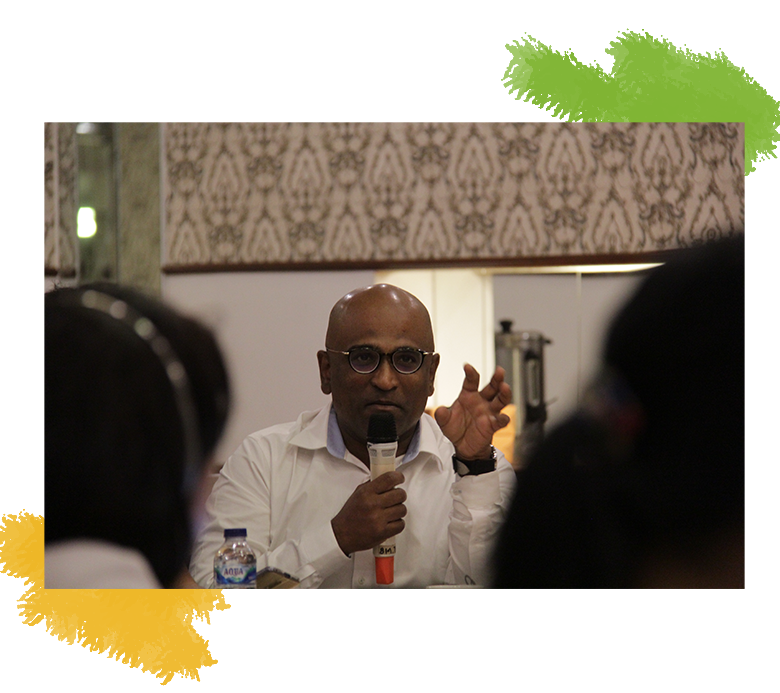Who We Are

In 2007 the Association of Southeast Asian Nations (ASEAN) Charter called for the establishment of a regional human rights body. Following the entry into force of the ASEAN Charter, ASEAN has established three human rights bodies; the ASEAN Intergovernmental Commission on Human Rights (AICHR), the ASEAN Commission on the Promotion and the Protection of the Rights of Women and Children (ACWC), and the ASEAN Committee on Migrant Workers (ACMW). The ASEAN Human Rights Declaration, adopted in November 2012, albeit its weakness, recognizes the rights of everyone to equality before the law, an effective and enforceable remedy and fair trial principles such as the presumption of innocence, non-retroactive application of criminal law and double jeopardy.
Despite having this mechanism, most Southeast Asia countries set relatively low standard of human rights. Regardless the existing legal framework that guarantee human rights, some Southeast Asia countries implement a very poor human rights protection, fulfillment, and respect. Moreover, in some other countries, the conditions are worst. Violation against Freedom of expression, fair trial, independence of the judiciary, freedom of religion and rights as well as security of human rights defenders are common across Southeast Asia, while no effective redress mechanism are available.
In this context, lawyers have the potential to make a significant contribution, together with ASEAN and civil society, to strengthen the rule of law and access to justice.

However, lawyers in Southeast Asia face numerous challenges such as but not limited to: (1) lack of opportunity to access quality and continuing legal education, (2) lack of opportunity to exchange knowledge, skills and information on rule of law and access to justice with other public interest advocates in the region, and (3) challenging operating environments, including threats to security, liberty and life of the lawyers
Therefore, lawyers and other public interest advocates in Southeast Asia decided to establish the non-governmental network, called the Southeast Asia Public Interest Lawyers, herein after referred to as “SEAPIL”, to address the above mentioned challenges and support the realization of rule of law and access to justice in the region.

